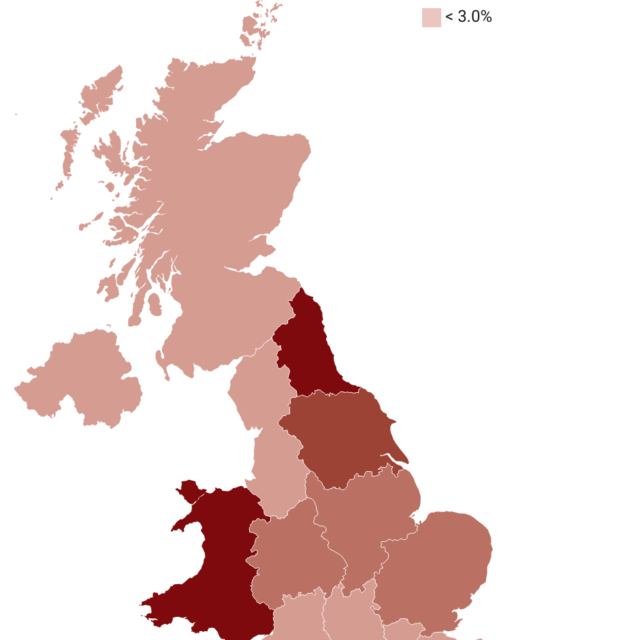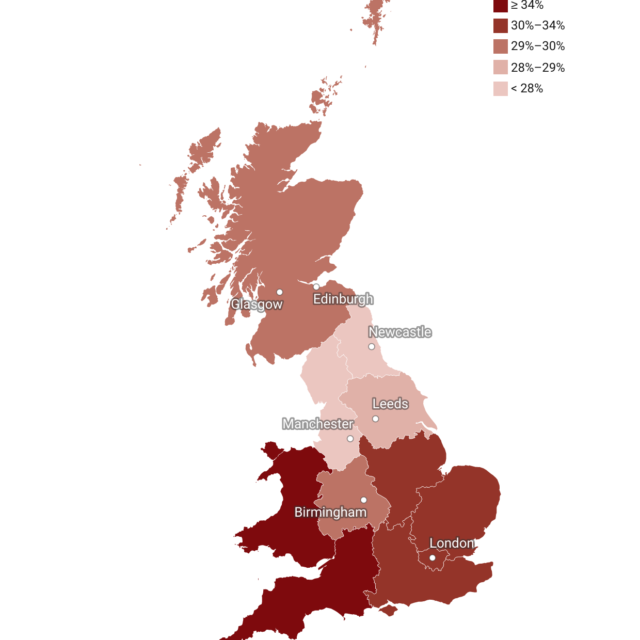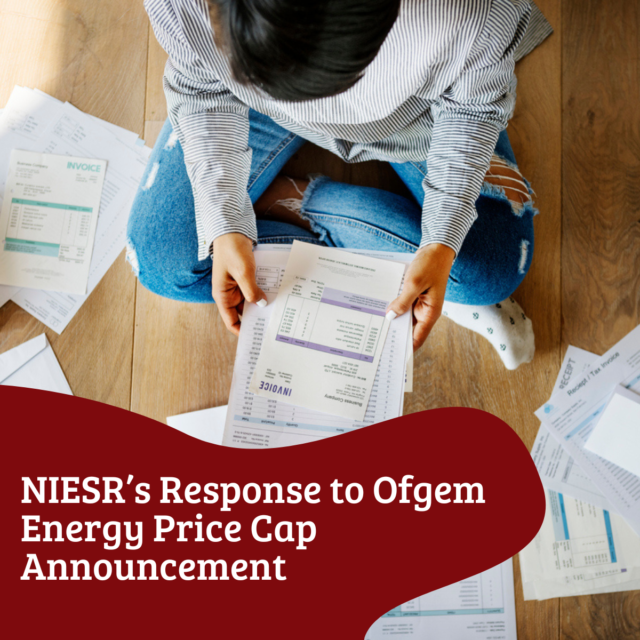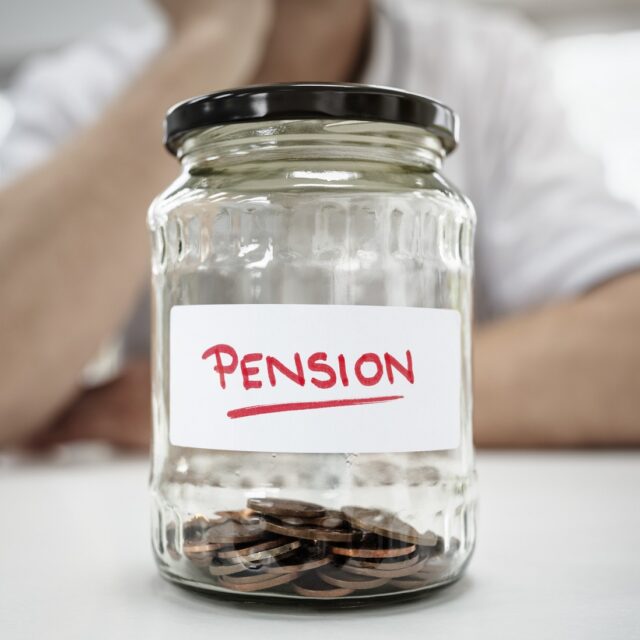The Energy Crisis: Manage Quantities and Avoid Burdening The Tax-Payer
 Pub. Date
Pub. Date
07 September, 2022
 Pub. Type
Pub. Type

Main points
- Supply disruptions, in particular the reduced supply of gas following the Russian invasion of Ukraine, has triggered the major energy crisis across all of Europe. This threatens a severe economic downturn with substantially reduced real incomes, widespread business closures and – especially in the UK with its heavy reliance on natural gas for domestic heating – many households pushed into ‘fuel poverty’, choosing between adequate nutrition and heating for their homes.
- This note discusses the economic mechanisms driving this crisis and the policy tools available to address it. The principal message is that in a crisis such as this quantities matter. The new UK government is introducing a near complete suspension of price mechanism in domestic energy markets, freezing both household and wholesale prices. Government across Europe will take similar measures. These seem necessary to protect households and businesses. But they are only sticky plasters. There is a near-binding constraint on the overall supply of gas in Europe. Without prices allocating supply, further measures are needed to decide who gets how much gas.
- So, the policy response must address quantities, turning to administrative management of the physical flows of gas, to secure supply and reduce demand (through public appeal, voluntary proposed consumption reductions and where unavoidable rationing). In practical terms this means, going beyond the price caps (i) negotiating, bilaterally, with Norway as the principal supplier of gas to Europe to ensure energy security, obtaining allocations of gas at below elevated wholesale market prices; and (ii) within the resulting envelope of supply, implement standing plans e.g. in the UK those of BEIS and the National Grid, for allocating limited energy resources in a supply crisis.
- From the policies announced and discussed so far it appears that the UK government, and its counterparts across Europe, believe that the physical deficit of energy in Europe can be closed by spending unlimited amounts of money. But the underlying problem is a shortage of physical supply. Spending more money, without controlling quantity, drives prices ever higher. This policy stance is reminiscent of the Major government in Black Wednesday 1992. Like that policy it is not sustainable.
- Turning to administrative management of the quantities of gas deals directly with the supply deficit and will bring the cost of energy closer to normal levels. This is not without economic costs. Low priority consumers will consume less gas than they would like to purchase. Imports of liquid natural gas LNG must still be paid for at a premium price. But much less money than currently announced is needed for protecting households and businesses. No need to burden the taxpayer.



















